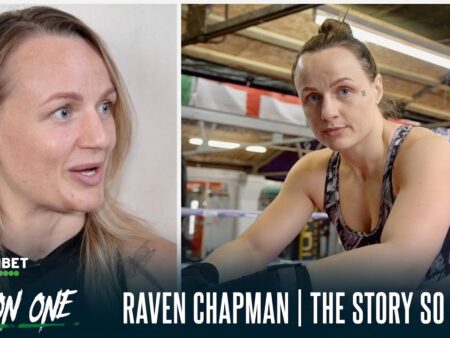In the relentless pursuit of ice hockey`s ultimate prize, there exists a rare breed of athletes whose careers transcend mere statistics, becoming synonymous with the franchises they represent. Sidney Crosby, captain of the Pittsburgh Penguins, belongs to this elite cohort. As he embarks upon his remarkable 21st National Hockey League season, just weeks shy of his 38th birthday, the narrative surrounding `Sid the Kid` has taken on a new, complex dimension: the unwavering commitment of a living legend amidst the strategic repositioning of his storied team.
For two decades, Crosby`s presence has been a constant, a bedrock of excellence and a catalyst for three Stanley Cup championships. His initial training camps were, by his own admission, proving grounds—a spirit he strives to maintain, even as gray hairs pepper his distinguished temples. “I remember being that guy,” Crosby mused recently, reflecting on the enduring enthusiasm that fuels his rigorous preparations. The dedication remains palpable, a testament to a competitive fire that refuses to dim with age or tenure.
The Elephant in the Rink: Rebuild and Resilience
However, the Penguins` landscape has shifted. The team has not seen playoff action since 2022, nor a series victory since 2018. This recent period of competitive decline has prompted a pivotal question that looms large over the organization: for how much longer can Crosby`s individual brilliance offset broader structural challenges? General Manager Kyle Dubas has initiated a rebuilding phase, a necessary, albeit often protracted, process for revitalizing an aging roster and replenishing prospect pools. Yet, the timeline for this rejuvenation remains deliberately ambiguous, a strategic opacity that invites both patience and apprehension.
Crosby`s stance on his future is unequivocal: he is under contract through the upcoming season and harbors no intent of departing Pittsburgh, the only NHL home he has ever known. This commitment, while admirable, is juxtaposed against the candid remarks made by his agent, Pat Brisson, which drew considerable attention across the hockey media landscape. Brisson`s comments implicitly raised concerns about the team`s long-term competitive trajectory, particularly the prospect of a franchise intentionally prioritizing future draft capital over immediate contention – a scenario often colloquially termed “tanking” in sports circles.
A Manager`s Pragmatism, A Captain`s Ethos
Dubas, in his response to Brisson`s observations, acknowledged the external dialogue but maintained a steadfast focus on the club`s overarching strategy. His perspective is rooted in institutional pragmatism: “We can`t alter the course,” he stated, indicating that the team`s carefully charted path, designed for sustainable success, will continue. This interaction underscores the delicate balance between managing the expectations of an iconic player and executing a long-term organizational vision.
For Crosby, the essence of the game has always been winning. He articulated this philosophy plainly: playing for a team that is not actively striving for victory is “not the game I know,” and “not why he signed up” for professional hockey. While acknowledging that others may hold different viewpoints, his comments illuminate a fundamental ethos shared by elite competitors—a relentless drive for contention that transcends individual contract terms or the often-painful realities of a team in transition.
The Path Ahead: Legacy and the Pursuit of Excellence
The transition of Mike Sullivan to the New York Rangers, replaced by Dan Muse, signals a new coaching era for the Penguins. However, significant roster overhauls have been minimal this past summer, leaving external expectations modest. This places Crosby in a truly unique, almost ironic, position: a player who has already cemented his place among the game`s immortals, now finds himself anchoring a team that is, by management`s own design, looking beyond the immediate horizon.
Crosby`s continued presence offers invaluable mentorship to developing talent and maintains a standard of excellence on the ice. Yet, for a player whose entire career has been defined by championship aspirations, the journey through a rebuild presents a profound test of resolve. His legacy is secure, etched in silver and gold. The unfolding chapters, however, will explore the fascinating interplay between a superstar`s enduring passion and an organization`s strategic evolution, defining not just the Penguins` future, but also the concluding narrative of one of hockey`s greatest figures.











